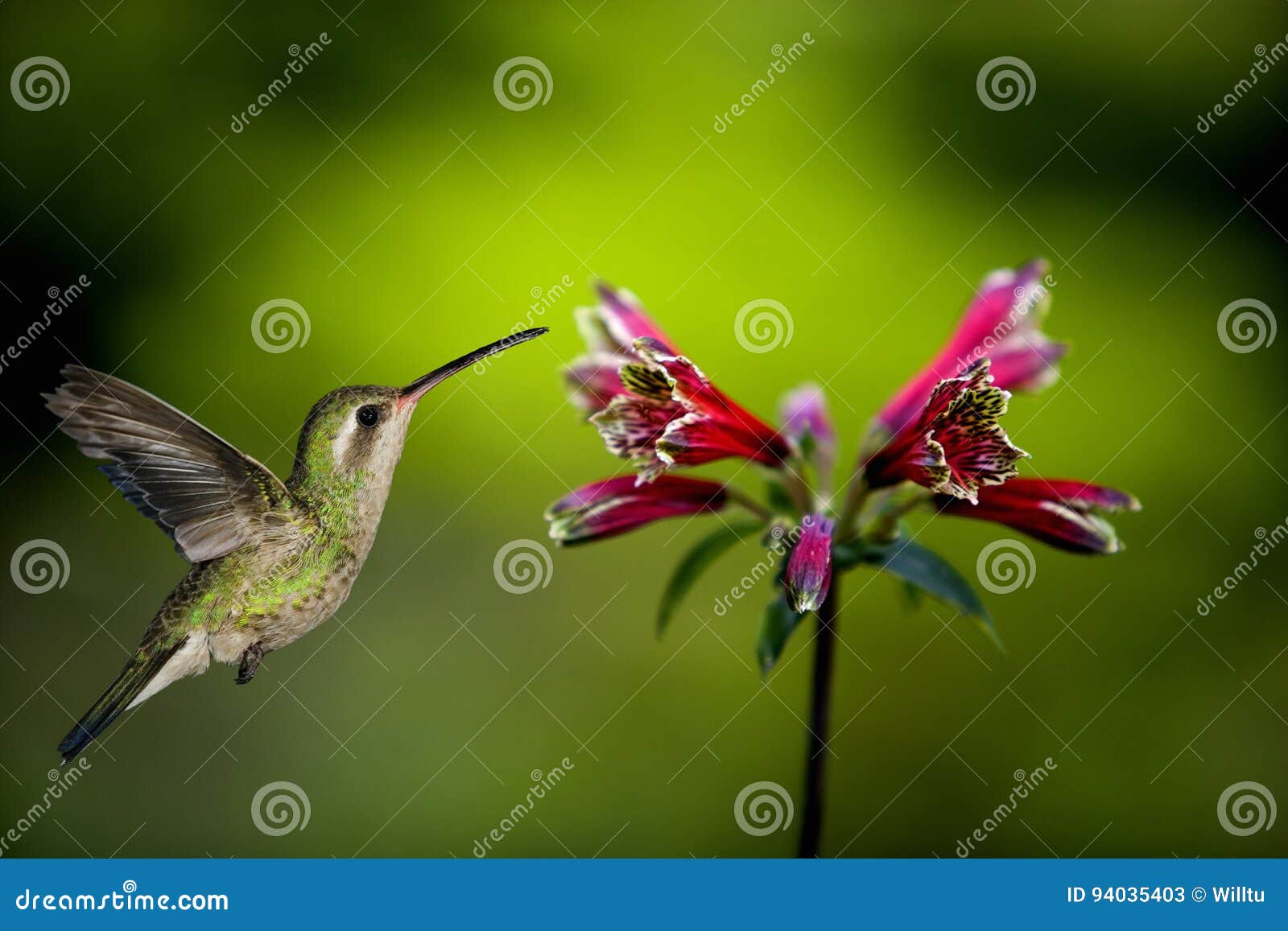

If you don’t know when your birds usually arrive check with your local Audubon center, chapter, or local bird club. Q: When should I put out my hummingbird feeder?Ī: In most areas of North America where hummingbirds leave during the winter, it’s best to put the feeder out about a week before they normally arrive in your yard. This date varies regionally. Q: How often should I empty and clean the feeder?Ī: In hot weather, the feeder should be emptied and cleaned twice per week. In cooler weather, once per week is enough. If your hummingbirds empty the feeder with greater frequency, clean it every time it’s empty. Cleaning with hot tap water works fine, or use a weak vinegar solution. Avoid using dish soaps, as this can leave harmful residue in the feeder. Q: Should I use brown sugar, honey, or molasses instead of white sugar?Ī: No, only use refined white sugar. Other sweetening agents have additional ingredients that can prove detrimental to the hummingbirds. Never use artificial sweeteners to make hummingbird nectar. Q: Are hummingbirds attracted to red-colored things?Ī: Yes, hummingbirds are attracted to red, as well as other brightly colored objects, because they have learned to associate high-quality nectar with red flowers. Natural nectar itself is a clear solution. Q: Should I put red coloring in the nectar solution?Ī: No, red coloring is not necessary and the reddening chemicals could prove to be harmful to the birds. That’s ¼ cup of sugar in 1 cup of water. Bring the solution to a boil, then let it cool before filling the feeder. You can make a larger batch and refrigerate the extra solution, just remember to bring it up to room temperature before you re-fill the feeder. The best (and least expensive) solution for your feeder is a 1:4 solution of refined white sugar to tap water. Q: Do I need to buy special food for my hummingbirds?Ī: No. Q: Are there any downsides to supplying a hummingbird feeder to the birds in my yard?Ī: No. Your hummingbird feeder will be a supplemental source of nectar for your local hummingbirds, and can help them through times when there aren’t as many blooming flowers available nearby. (Read more about creating a hummingbird-friendly yard here.)


Consult our FAQ below to ensure your feeder does no harm-and helps your hummers thrive. The basin type is usually easier to clean and so is very popular.While native flowering plants are the best source of nectar for hummingbirds, supplementing with a well-tended sugar-water feeder can provide additional sustenance during nesting season and migration.
HUMMINGBIRD FEED HOW TO
Have Winter Hummingbirds? Here's How to Help Them Thrive.How to Keep Bees Away From Hummingbird Feeders (Naturally).This feeder was made of hand blown glass and relied on homemade hummingbird nectar to attract the birds. The first hummingbird feeder was made available to the public around 1950.


 0 kommentar(er)
0 kommentar(er)
